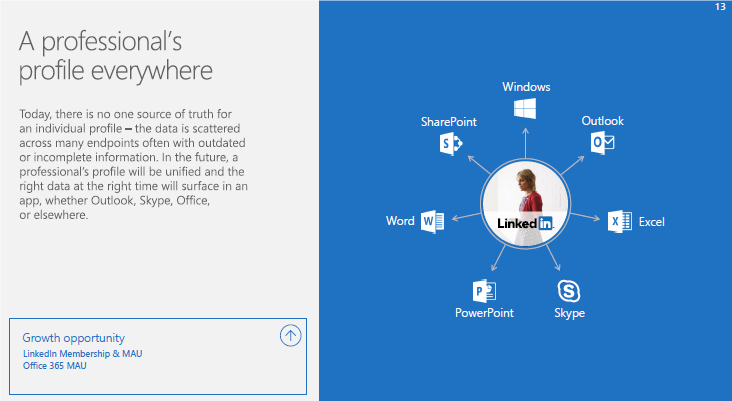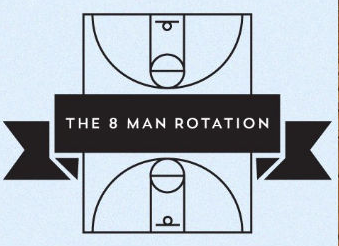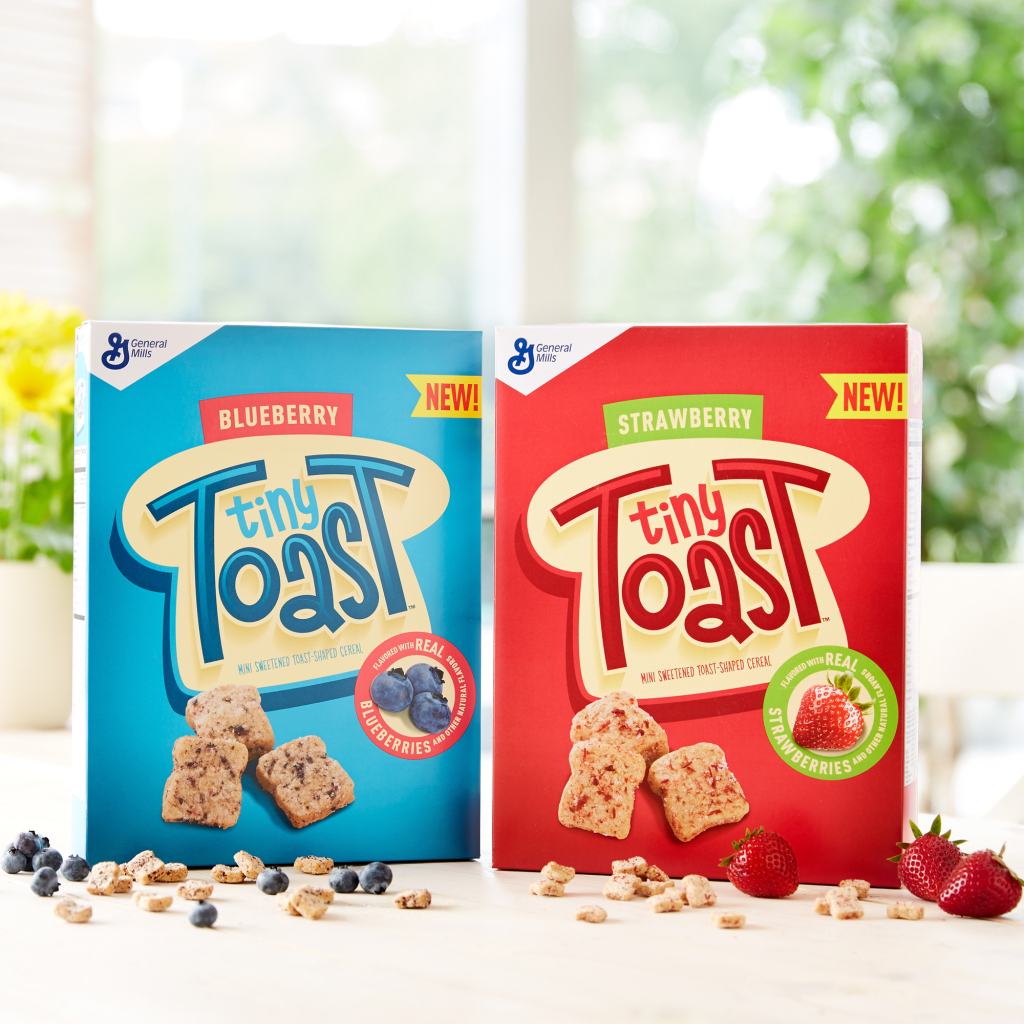Reunion
Yesterday was Father's Day here in the US and I hope any Dads reading this had a fantastic day basking in the adoration of your kids and the rest of your family. I am sure you deserved all the gifts and accolades you received.
I am a Dad myself, and I had a great day with my son even as he was applying a pretty comprehensive beat down on me in tennis. I chalk it up to a slightly injured shoulder. Let's not quibble about the fact that the injury is to my right shoulder and I play tennis as a left hander.
Father's Day naturally makes you think about family, and the value and importance of taking time to get away from the grind and spending time with family, friends, and even just doing the things that make your happy, and that help you remain energized to come back to the office on Monday ready to kick some butt. Maesta - Sean Scully
Maesta - Sean Scully
I don't think we, as individuals and as organizational or HR leaders think about that as much as we should. I mean consciously thinking about how what we do and how we spend our time outside of work (usually) matters far more than the 36 new emails we are going to have in our inbox by 8:40 Monday morning or whether or not we got invited to the 'big' meeting on Thursday.
In what might be classified as ironic, I spent a decent amount of time over the weekend reading and thinking about a recently published study titled Overworked America, by Heather Boushey and Bridget Ansel. In the paper, Boushey and Ansel report that average working hours, particularly in many higher wage, professional occupations continue to climb, at the same time as hours for many lower wage and hourly positions are falling.
You really should read the entire report, but here is the overview so you can get a feel for the research:
Hard work is part and parcel of the American Dream, but at a certain point, working excessive hours can be detrimental to families, businesses, and the U.S. economy. While there are federal laws that govern work hours, these legal protections have slowly eroded, and some Americans are putting in more time at work than ever before. What's more, the United States has seen a polarization in working time, meaning that some segments of the labor market have seen a rise in work hours and others are working much less.
This report looks at the rising number of employees working long hours—sometimes earning high salaries or overtime pay, but too often not—and the implications for individuals, families, businesses, and the U.S. economy.
There's a lot to take from the report - not the least of which is the really interesting theory that the job roles where people tend to work the longest are also the one with the most supply ready, willing, and able set of lower-paid replacement workers. But the big takeaway from me as I read the report was that we all probably should be doing more to find better balance - as individuals that often should be more available and present for our families and friends, and as organizations who should realize that working people excessively is bad for business and for employees too.
I have to admit I did not think about or do any 'real' work on Father's Day.
I hope you didn't either.
Have a great week!

 Steve
Steve



